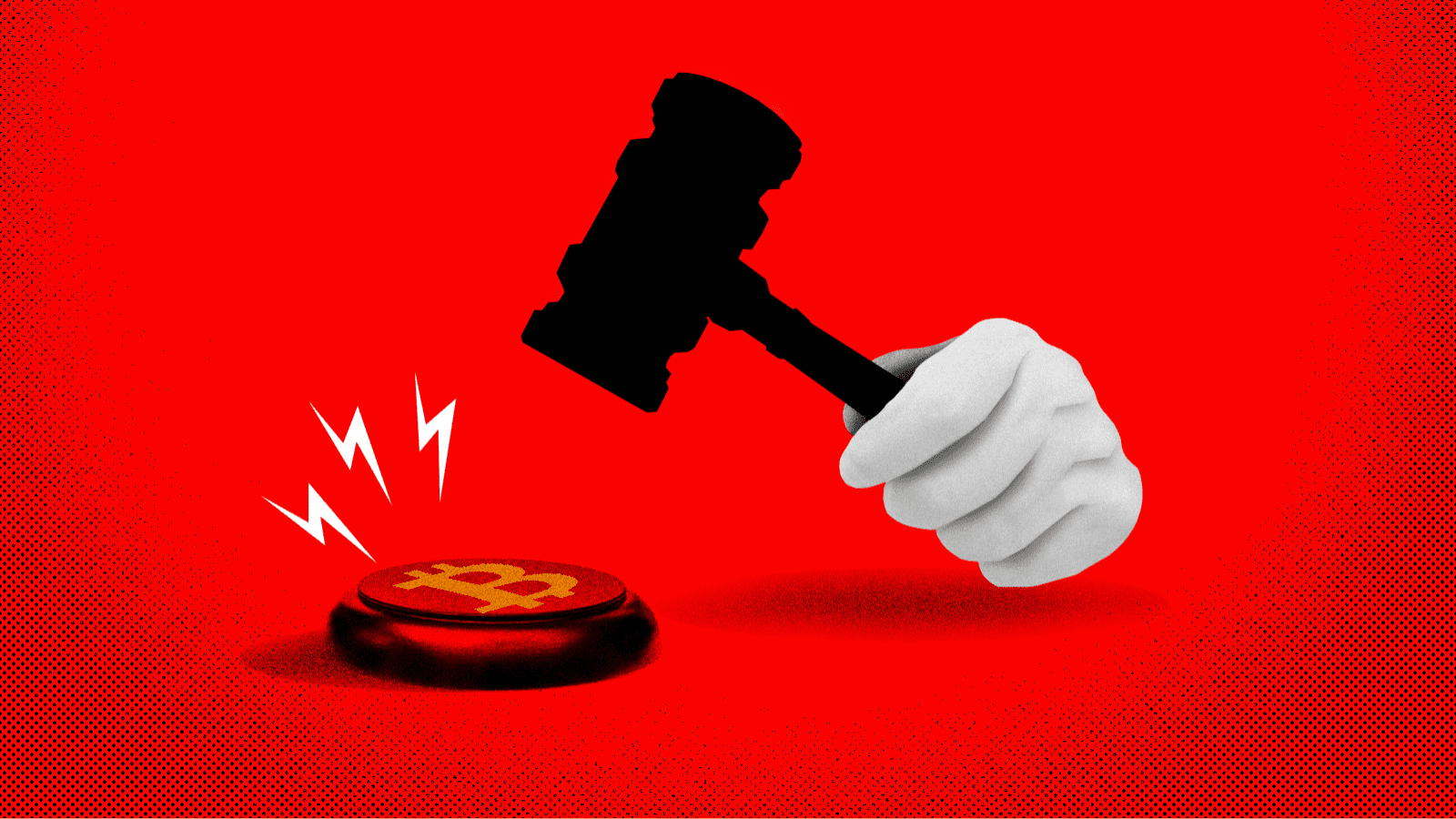Want an Innovative Crypto Future? It Takes Regulation.
Protecting users and investors — while taking actions to guarantee financial stability — can only help Web3’s long-term viability

Blockworks exclusive art by axel rangel
- The collapse of TerraUSD and the subsequent bear market has regulators scrutinizing the crypto space
- Clear and fair rules governing stablecoins may well foster a market where innovation increases exponentially
Stablecoins have come under fire since the unraveling of UST triggered crypto’s lingering bear market, leading to mixed results of industry views when it comes to the role of regulation.
But, the reality is, all of crypto stands to benefit from clear, fair regulation.
Without clarity around how cryptocurrencies will be treated, decentralized applications (dapps), financial institutions and users must navigate the potential for sudden shifts that could upend their businesses, hindering innovation and growth.
Governments take action on standards
If regulators strike a healthy balance between supporting innovation — while simultaneously protecting users against high-risk and negligent projects — rule-making will greatly enhance DeFi’s growth.
President Biden’s administration recently followed its March executive order with a framework for how the US intends to responsibly approach cryptocurrencies. A fact sheet acknowledges great potential benefits derived from digital assets. Indeed, protecting users and investors — while taking actions to guarantee financial stability — can only help Web3’s long-term viability.
Though the fact sheet is low on details on what shape policies pertaining digital assets should take, global regulators for payments and settlements issued guidelines in July that proposed treating stablecoins like other assets that perform a transfer function.
The maneuver would require stablecoins to meet attributes outlined in the Principles for Financial Market Infrastructures (PFMI), should financial watchdogs choose to enforce it. The PFMI includes guidance when it comes to risk management, financial strength and ready-to-go recovery plans in the event of a sudden downturn.
Though we’ll never know if such guidelines would have prevented the collapse of the Terra ecosystem, they form a solid baseline for building stronger, more resilient stablecoin rails.
Protecting users and fostering innovation
Clear and fair rules governing stablecoins may well foster a market where innovation increases exponentially.
Privacy-preserving stablecoins leveraging zero-knowledge proofs, for instance, can play an important role in enhancing and expanding stablecoin use cases, privacy and stability.
Institutional TradFi players have been hesitant to dive head-first into crypto, in no small part due to the radical transparency inherent to the bulk of blockchains.
The likes of banks and hedge funds do not necessarily like the idea of competitors witnessing how much capital they’re moving, when — and via what financial instruments. The privacy-preserving capabilities of zero-knowledge proofs can help assuage TradFi concerns, bringing that much more liquidity into DeFi.
The need to get regulations right
The stakes are high. If laws governing stablecoins are not properly designed, they will inevitably weaken the US’s standing as a world economic leader.
The formation and adoption of regulations will inevitably determine the future of finance, as DeFi becomes synonymous with TradFi and Web2 evolves into Web3.
Get the news in your inbox. Explore Blockworks newsletters:
- The Breakdown: Decoding crypto and the markets. Daily.
- 0xResearch: Alpha in your inbox. Think like an analyst.






